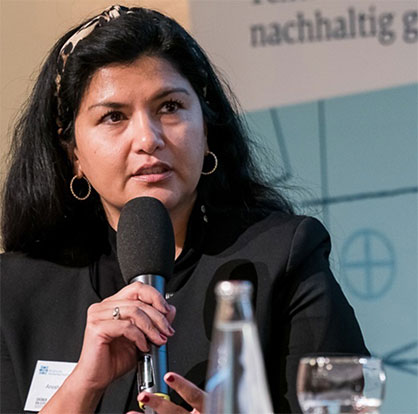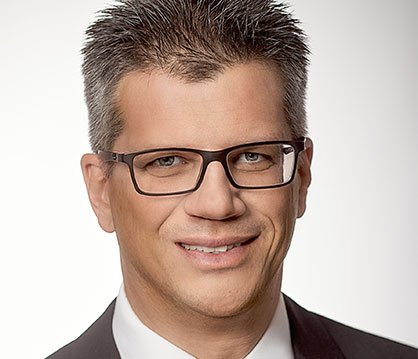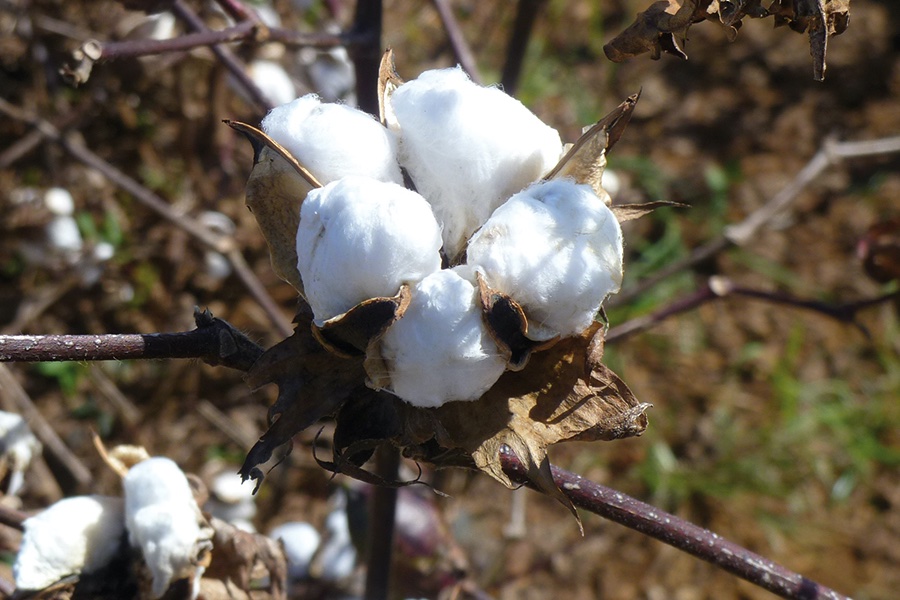#Raw Materials
Transparency and the spectrum of corporate responsibility
Transparency for production processes and corporate due diligence, as well as observing human rights in production and procurement are currently taking up a lot of space in public and political discussion. Three lectures, each addressing the topic from a different perspective, provide a contribution to forming an opinion.
Politicians Insist on Corporate Due Diligence
On 3 March 2021, the federal cabinet of Germany approved the draft for a due diligence law (also known as the “supply chain law”). After intensive discussions, the German Bundestag is now discussing a law which codifies corporate due diligence on the basis of the UN Guiding Principles on Business and Human Rights. This ambitious law is intended to oblige large companies to observe human rights along their supply chains. The German federal government is also preparing support measures for the economy, which should make it easier for companies to implement their legal obligations.

Anosha Wahidi will present these measures and the key points of the German law in her lecture. She is Head of Division, responsible for fundamental questions of sustainability in global supply chains, and Commissioner for Sustainability Standards at the German Ministry for Economic Cooperation and Development.
The Way of the Economy: Saving Time Through Efficient Data Exchange
From the point of view of business, data exchange within fragmented supply chains entails a considerable expenditure of time and money in terms of the required transparency. Ultimately, the work required significantly slows down processes and lead times in procurement, production and administration, which is also expensive. Andreas R. Schneider looks at this aspect of transparency and obstacles in compliance with duties of care, which are associated with a high level of bureaucratic effort. He is CEO of Global Textile Scheme GmbH based in Düsseldorf, Germany.

Co-partnering the presentation by Andreas Schneider is Klaus Baader, Head of Supply Chain Management Europe, at Freudenberg Performance Materials Apparel in Weinheim, Germany. As a pre-supplier, the company is a specialist for technical textiles in sectors such as clothing, automotive and building materials. Freudenberg has 35 production sites in 15 countries.
Creating Transparency – The International Perspective
Andrew Olah, Managing Partner of Olah Inc. New York, USA, uses his experience to draw attention to transparent processes in the highly collaborative world of jeanswear and denim production. Founded in 1959 as a family business and textile agency in Canada, his company has developed into an internationally operating procurement, consulting and event agency. In 2004, Andrew Olah established the ‘Kingpins Show’ in New York, Amsterdam and Hong Kong, a unique meeting place for the global denim and jeanswear community. With ‘Kingpins Transformers’, a movement was created parallel to this which aims to make the denim community more environmentally friendly, social, transparent, and economically stable through intensive dialogue between all stages involved in the production of jeanswear. Transformers does away with myths and fairy tales about textile and cotton production and contributes to objectivity in its ‘Truth’ series, broadcast on social media.

We will continue to report on the other contents of the cotton conference and the supporting programme in future press releases. The current conference news and programme details can also be found on the conference website: https://cotton-conference-bremen.de/program/.





canva-900-1-1-1.jpg)

canva-900-1.jpg)









